The Yakuza series, now rebranded as Like a Dragon, has become a beloved action RPG franchise, but its initial pitches faced significant rejection from Sega. Toshihiro Nagoshi, the creator of Yakuza, explained that Sega was aiming for games that appealed to a global audience, which made them hesitant to approve a game like Yakuza. Despite multiple rejections, persistence paid off, and the Yakuza series eventually succeeded, thanks to strong localizations and notable titles like Yakuza 0 and Yakuza: Like a Dragon. As of now, Nagoshi is no longer with Sega and is working on new projects at his own studio.
Why did Sega initially reject the Yakuza series pitches?nSega initially rejected the Yakuza series pitches because the game did not align with their strategy of creating games that appealed to a global audience, including children and women. The game's mature content and focus on Japanese culture were seen as limiting its widespread appeal.
The Yakuza series, or Like a Dragon as it's known now, debuted in the early 2000s during a challenging period for Sega. Toshihiro Nagoshi believed in creating a game that stayed true to its concept rather than watering it down for mass appeal. The series eventually gained worldwide popularity, particularly after the release of Yakuza 0, which provided excellent localization and set the stage for future success. Today, the franchise is both a critical and commercial success, known for its intricate storytelling and unique blend of action and life simulation elements.

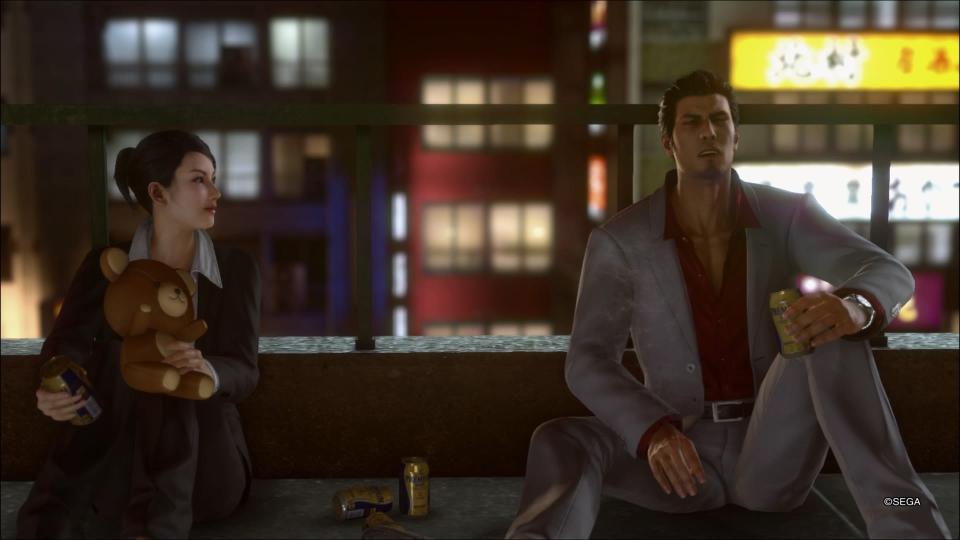
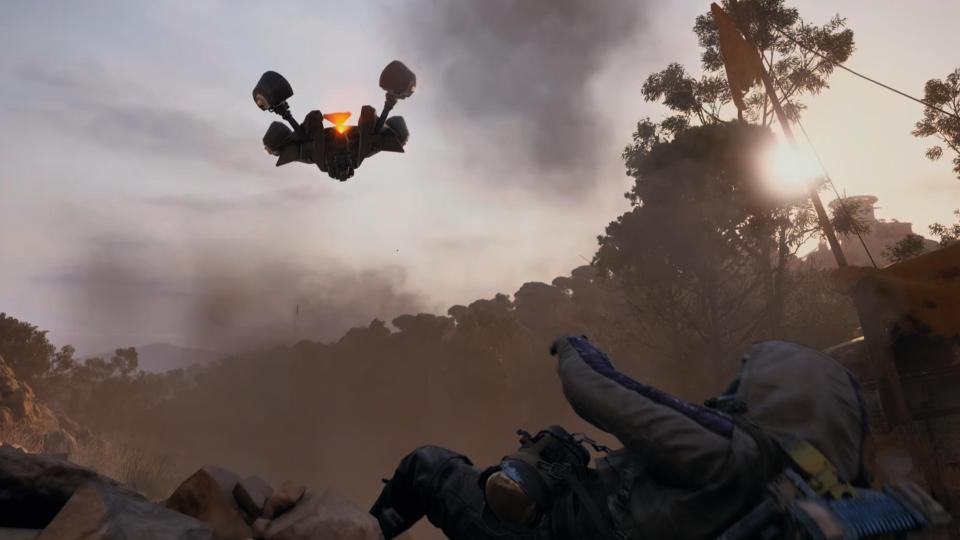
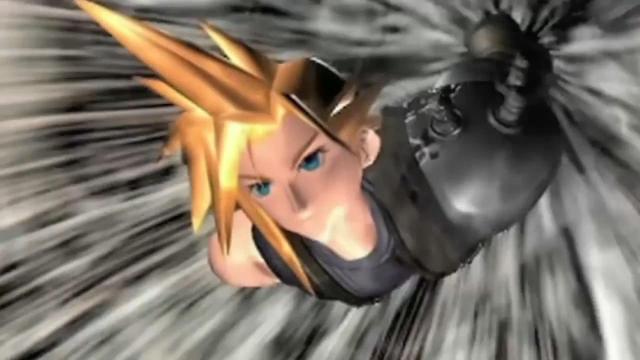

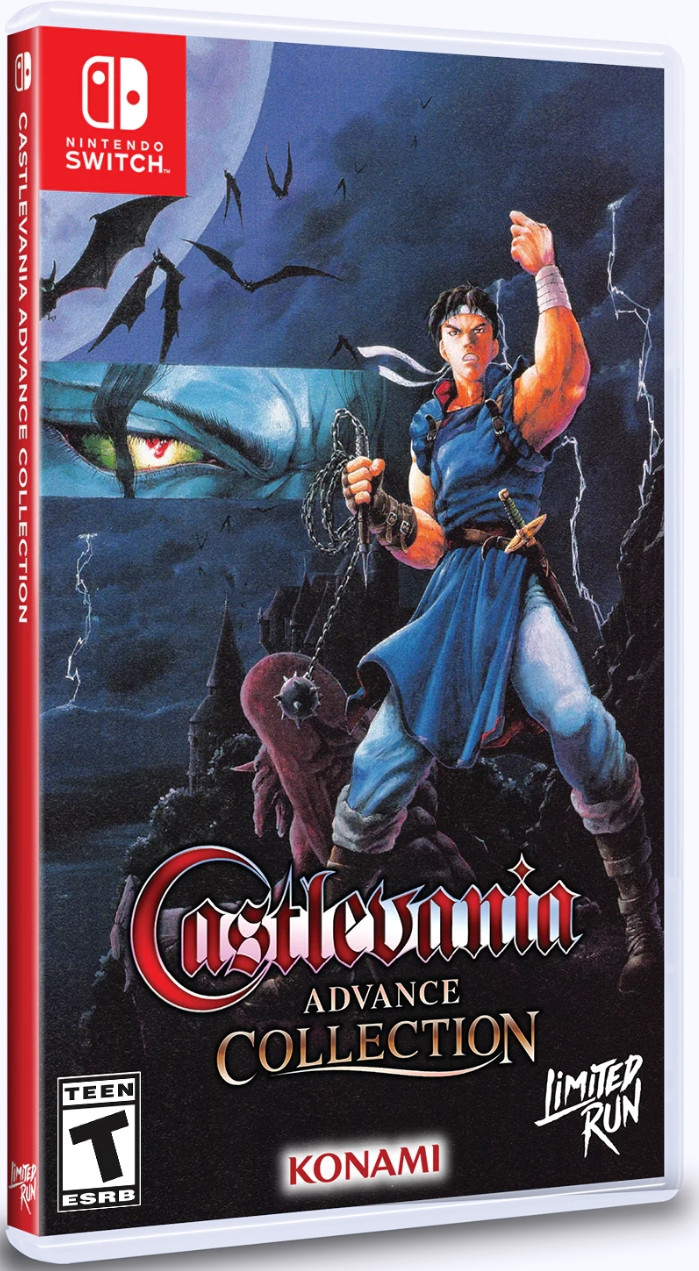
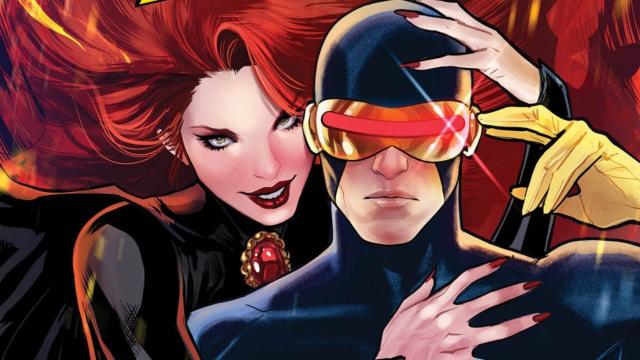
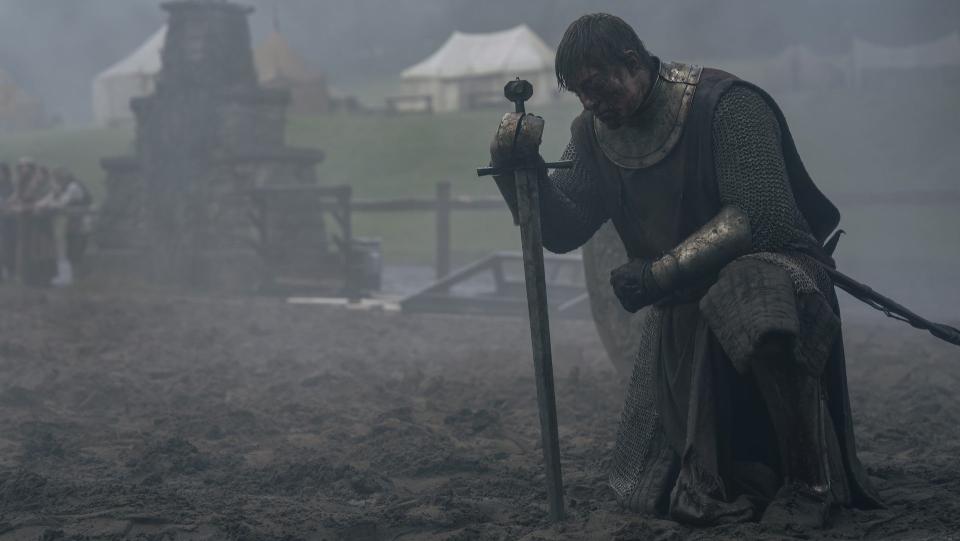

Comments
It's wild how Sega initially balked at Yakuza due to its niche appeal, but Nagoshi's vision ultimately paid off big time. The series going global and earning its cult status shows that sometimes, sticking to your creative guns really does win in the end